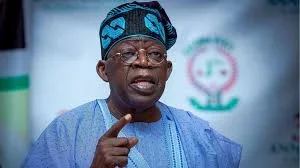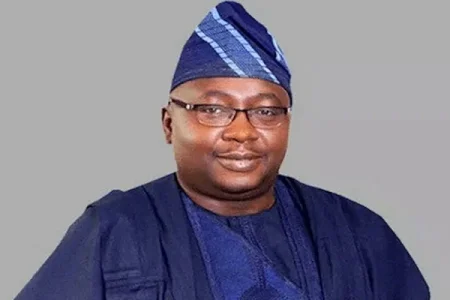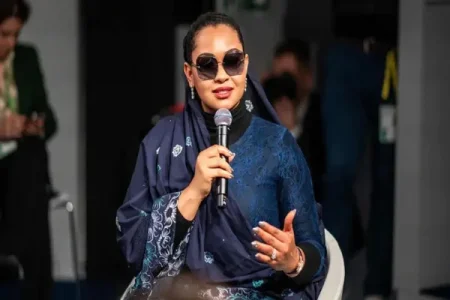
Despite President Bola Ahmed Tinubu's assurances that the subsidy had been abolished, revelations surrounding the Federal Government's payment of N169.4 billion in subsidy in August have ignited controversy and skepticism. This development challenges the narrative of subsidy removal and prompts further inquiry into its implications.
Government Subsidy Under Scrutiny
Daily Trust's investigation uncovered that the Federal Government disbursed N169.4 billion in August to maintain the pump price of Premium Motor Spirit (PMS) at N620 per litre. The payment was allegedly orchestrated by the Federal Account Allocation Committee (FAAC), which utilized dividends of $275 million from the Nigerian Liquefied Natural Gas (NLNG) to offset the subsidy. The move suggests that subsidies on PMS may have resurfaced, raising questions about the government's commitment to subsidy removal.
A Return to Subsidy?
The revelation has led to concerns among Nigerians, especially given the challenging economic climate. The depreciation of the Naira against the US Dollar and rising international crude oil prices, exceeding $95 per barrel, have fueled doubts about the sustainability of subsidy removal.
Economic and Market Dynamics
Analysis indicates that despite rising global crude oil prices and exchange rate fluctuations, the Federal Government has kept the domestic PMS price steady at N617 per litre. Notably, the price of PMS at the international market has surged, posing challenges for Nigerian marketers. With increased landing costs, PMS now stands at approximately N728.64 per litre, significantly higher than the N529 rate observed in July.
Government's Strategy and Loan Dilemma
The Nigerian National Petroleum Corporation (NNPC) Limited's announcement of a $3 billion crude repayment loan from the African Export-Import (Afrexim) Bank aimed at stabilizing the Naira has faced obstacles as other lenders withdrew from the syndicated transaction. The loan's impact on fuel costs remains uncertain.
Behind Closed Doors
Daily Trust's investigation reveals that high-level government approval facilitated the controversial N169.4 billion subsidy payment. A delicate agreement with oil marketers reportedly helped maintain the current PMS price, averting a potential crisis.
Expert Perspectives
Experts have voiced concerns about the sustainability of subsidy removal without a functional refinery and FX stability. They emphasize that fluctuations in crude oil prices and foreign exchange rates directly affect PMS prices. Stabilizing the Naira is seen as critical to fulfilling the government's promise of subsidy removal.
As questions linger and the subsidy debate continues, Nigerians await clarity on the government's stance and its implications for the economy and their daily lives.
[Source: Daily Trust]




